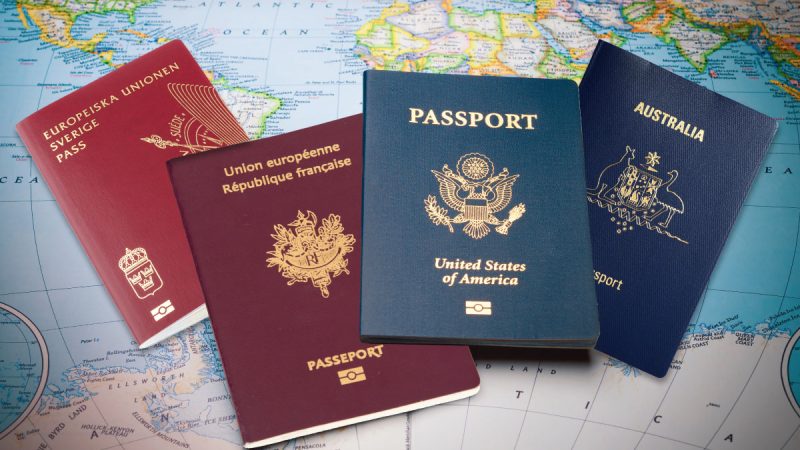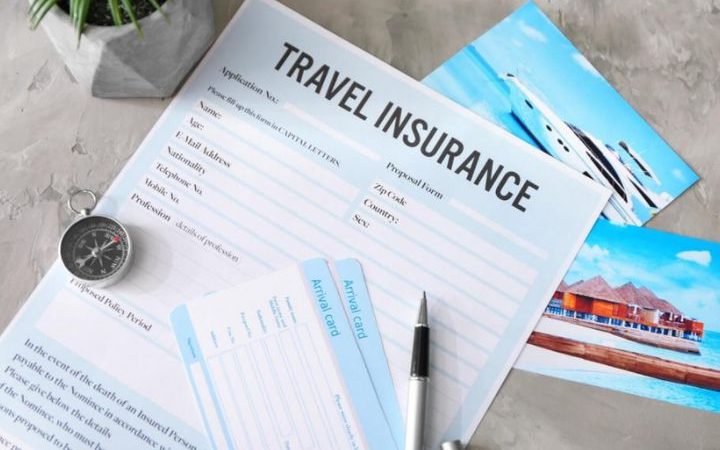Cost of Living in Thailand for Expats: Live Better for Less in 2025
Thailand has become a top destination for expats, retirees, and digital nomads due to its low cost of living, warm climate, and vibrant culture. But what is the true cost of living in Thailand for expats? This comprehensive guide will break down expenses like housing, food, transportation, healthcare, and entertainment, helping you determine whether Thailand fits your budget and lifestyle.
Why Thailand is Affordable for Expats
Compared to Western countries, the cost of living in Thailand for expats is significantly lower. This affordability, combined with an excellent quality of life, makes it a popular choice. However, actual expenses depend on your lifestyle and the region you choose to live in.
Housing Costs for Expats in Thailand
Housing is often the largest expense, but for expats in Thailand, it remains affordable. Costs vary based on location and type of accommodation.
Bangkok:
- One-bedroom apartment in the city center: ฿15,000 to ฿30,000 per month.
- One-bedroom apartment outside the city center: ฿8,000 to ฿15,000 per month.
Chiang Mai:
- One-bedroom apartment in the city center: ฿8,000 to ฿15,000 per month.
- One-bedroom apartment outside the city center: ฿6,000 to ฿10,000 per month.
Other Areas (e.g., Phuket, Pattaya):
- Prices are comparable to Chiang Mai but may vary based on proximity to beaches or tourist attractions.
Expats often prefer serviced apartments or condos with amenities like gyms and swimming pools. For long-term stays, negotiating the rent can save you money, especially outside tourist areas.
Check Also: [Maha Kumbh Mela 2025: Key Dates, Spiritual Significance, and Travel Tips]
Food and Dining Costs for Expats
Thailand’s food scene is a highlight for expats, offering a range of affordable and delicious options. Whether you enjoy street food or dining in restaurants, you’ll find something to suit your tastes and budget.
Street Food:
- A plate of pad Thai or fried rice: ฿30 to ฿60.
- A bowl of noodle soup: ฿40 to ฿70.
Restaurants:
- Local Thai restaurant: ฿80 to ฿150 per meal.
- Mid-range restaurant (for two): ฿500 to ฿1,000.
Groceries:
- Monthly grocery bill: ฿3,000 to ฿6,000, depending on whether you purchase imported goods.
Expats who shop at local markets and avoid imported items can enjoy significant savings on food costs.
Transportation Costs in Thailand for Expats
Thailand offers a range of affordable transportation options for expats:
Public Transport:
- BTS Skytrain (Bangkok): Starts at ฿16 per trip.
- MRT Subway (Bangkok): Starts at ฿17 per trip.
- Songthaews and Tuk-tuks: Typically cost ฿20 to ฿100, depending on distance.
Private Transport:
- Motorcycle rental: ฿2,000 to ฿4,000 per month.
- Car rental: ฿15,000 to ฿25,000 per month.
- Gasoline: Around ฿40 per liter.
Ride-hailing apps like Grab are convenient and widely available in major cities, often preferred by expats over traditional taxis.
Healthcare Costs for Expats in Thailand
Thailand’s healthcare system is top-notch and affordable, which is a major draw for expats. Both public and private facilities are available, with costs much lower than in Western countries.
Public Hospitals:
- Consultation fee: ฿50 to ฿300.
- Basic treatment: ฿500 to ฿2,000.
Private Hospitals:
- Consultation fee: ฿500 to ฿1,500.
- Health insurance for expats: ฿20,000 to ฿50,000 per year, depending on coverage.
Having comprehensive health insurance is advisable for expats staying long-term.
Entertainment and Leisure for Expats
Thailand offers plenty of affordable entertainment options for expats:
Gyms and Fitness:
- Monthly gym membership: ฿1,000 to ฿2,500.
Cinema Tickets:
- Regular ticket: ฿120 to ฿300.
Nightlife:
- Beer at a local bar: ฿60 to ฿100.
- Cocktails at a high-end club: ฿250 to ฿500.
Travel:
- Domestic flights: ฿1,000 to ฿3,000.
- Bus or train tickets: ฿200 to ฿1,000.
From exploring temples to relaxing on beaches, Thailand offers countless leisure options that cater to different budgets.
Sample Monthly Budgets for Expats
Here are some sample monthly budgets for different lifestyles:
Basic Lifestyle (Single Expat):
- Housing: ฿8,000.
- Food: ฿4,000.
- Transportation: ฿2,000.
- Entertainment: ฿2,000.
- Total: ฿16,000 (≈ $450).
Comfortable Lifestyle (Couple):
- Housing: ฿20,000.
- Food: ฿10,000.
- Transportation: ฿4,000.
- Entertainment: ฿6,000.
- Total: ฿40,000 (≈ $1,100).
Luxury Lifestyle (Family):
- Housing: ฿40,000.
- Food: ฿20,000.
- Transportation: ฿10,000.
- Entertainment: ฿15,000.
- Total: ฿85,000 (≈ $2,400).
Tips for Expats to Save Money in Thailand
- Shop Locally: Avoid imported goods and shop at local markets to save on groceries.
- Negotiate Rent: Many landlords are open to negotiation, especially for long-term leases.
- Use Public Transport: Public buses, trains, and ride-sharing apps are cost-effective and convenient.
- Health Insurance: Invest in comprehensive health insurance to reduce out-of-pocket medical expenses.
- Eat Street Food: It’s affordable, delicious, and gives you a taste of authentic Thai cuisine.
Conclusion
The cost of living in Thailand for expats is one of the country’s biggest attractions. By understanding the typical expenses and planning your budget, you can enjoy a high quality of life at a fraction of the cost compared to Western countries.
Whether you choose the bustling city of Bangkok, the relaxed vibe of Chiang Mai, or the tropical paradise of Phuket, Thailand offers something for every expat. With this detailed guide, you’re ready to make the most of your time in the Land of Smiles.





